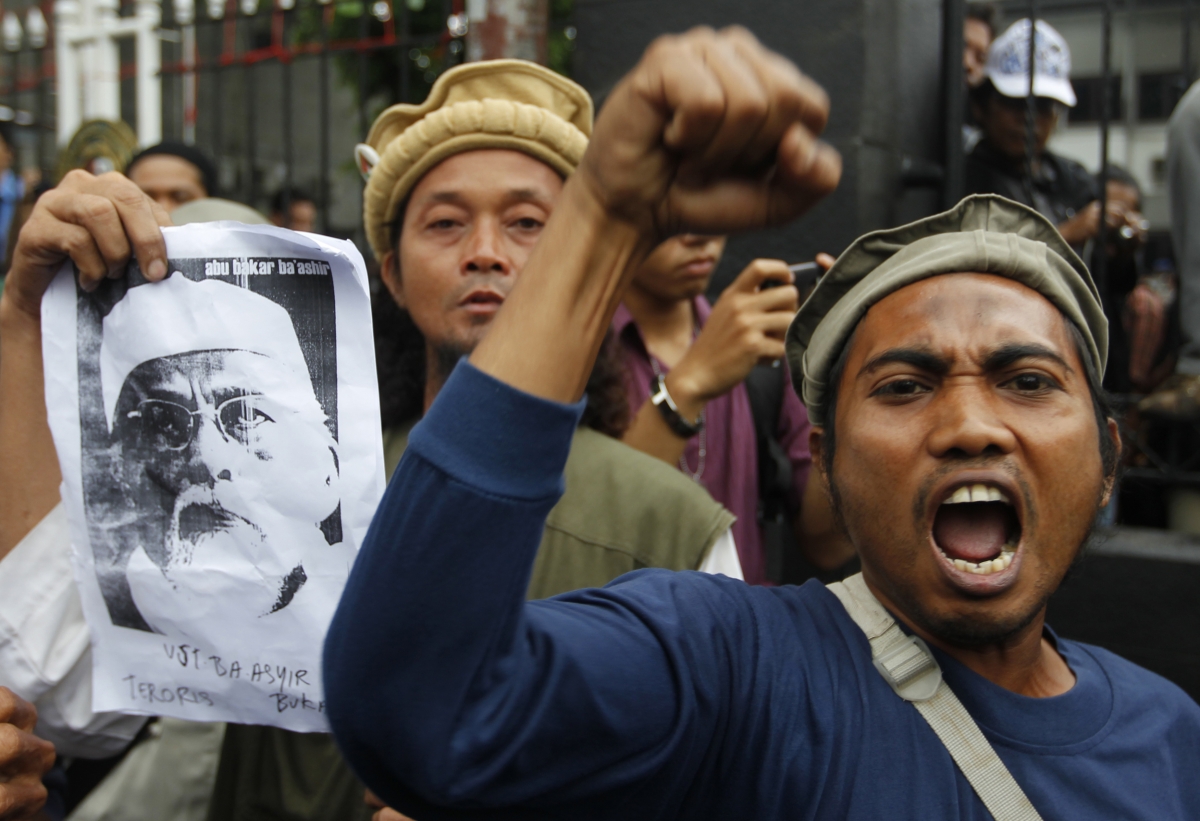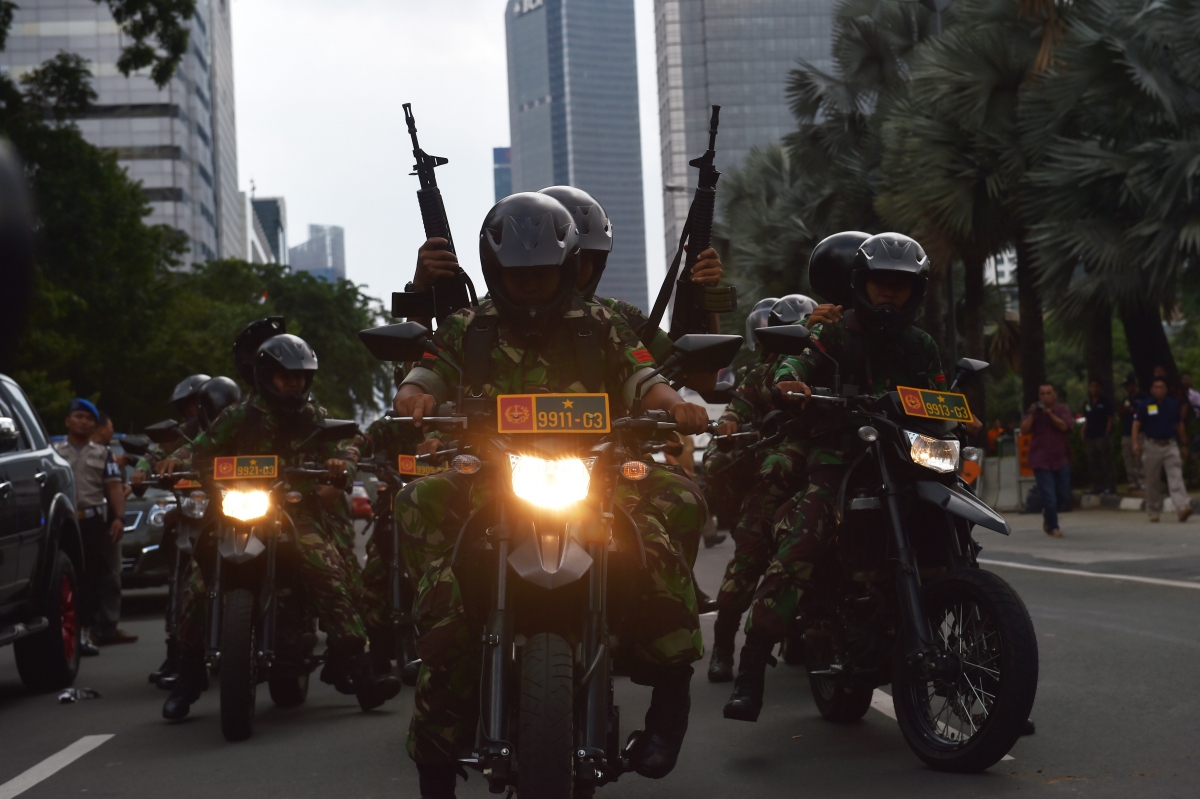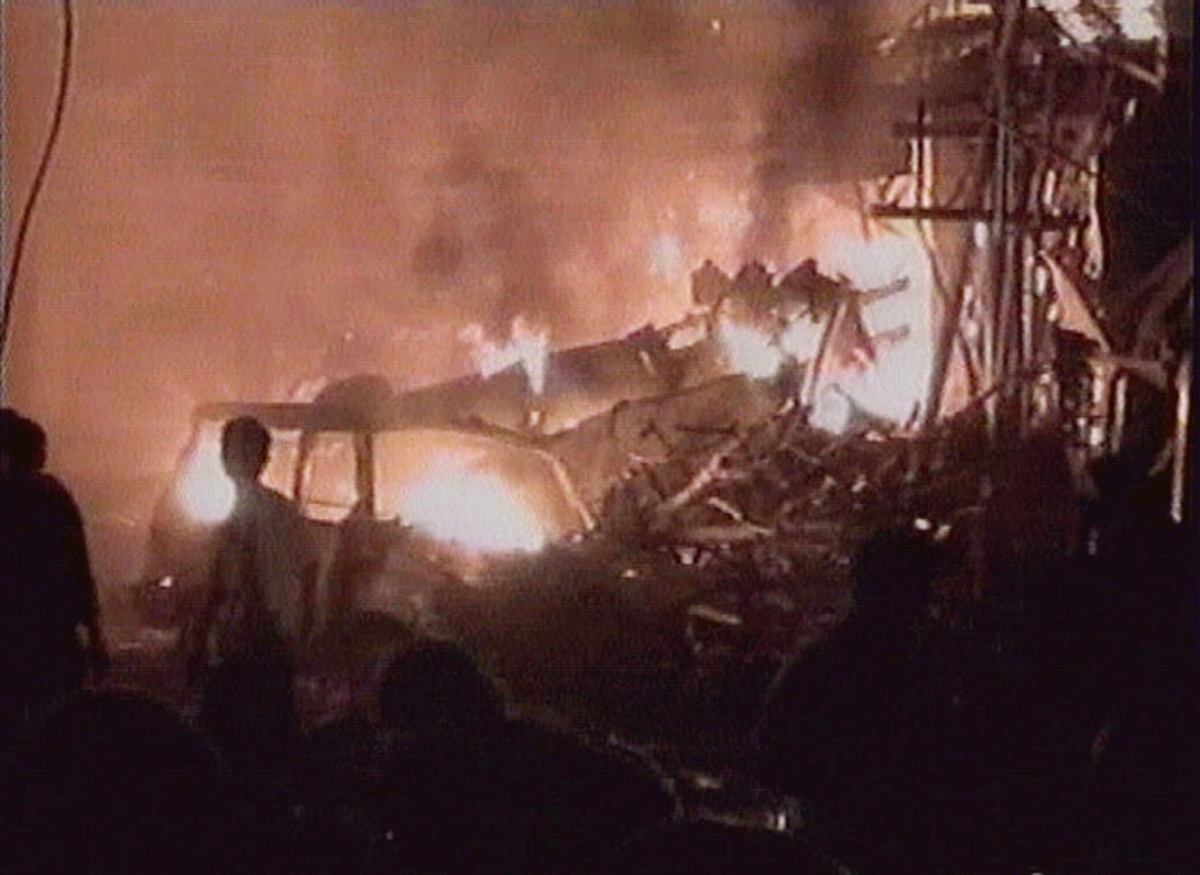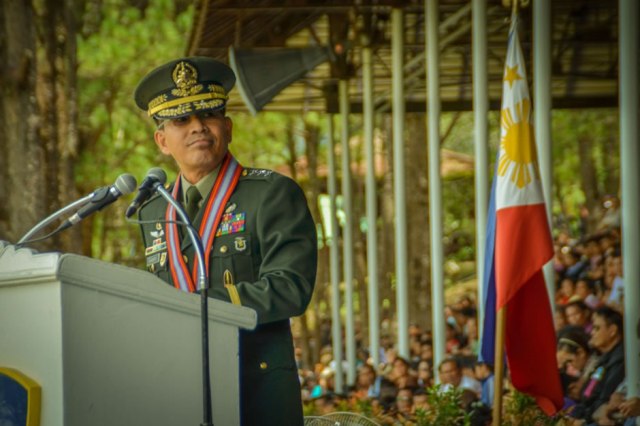From the Philippine Star (Jan 14): China: Philippines' accusations made with ulterior motive
![]()
In this Wednesday, Jan. 6, 2016 file photo released by China's Xinhua News Agency, a China Southern Airlines jetliner lands at the airfield on Fiery Cross Reef, known as Yongshu Reef in Chinese, in the Spratly Islands, known as Nansha Islands in Chinese, of the South China Sea. An official says Philippine and U.S. foreign and defense chiefs will discuss new security concerns arising from China's completion of artificial islands in the disputed South China Sea, on Tuesday, January 12 in Washington. Cha Chunming/Xinhua via AP, File
Beijing on Wednesday claimed that the Philippines' accusation against its test flights on Kagitingan Reef or Fiery Cross Reef in the West Philippine Sea is made with ulterior motives.
Chinese Foreign Ministry spokesperson Hong Lei said in a press conference that the flights conducted by China's aircraft fall completely with its sovereignty.
"The Philippines' accusation is made with ulterior motives and is not worth refuting," Hong said.
Hong stressed that China enjoys freedom of navigation over the disputed South China Sea as other countries do.
"China's inspection and test flights are of professional, technical and civil nature and are conducted for public interests," the Chinese official said.
The Philippines recently protested China's test flights on the Manila-claimed reef, arguing that China's actions elevate tensions and anxiety in the region.
Department of Foreign Affairs spokesperson Charles Jose said that China's "provocative" actions restrict freedom of navigation and overflight in the West Philippine Sea.
Meanwhile, Vietnam accused China of threatening the safety of civilian flights over the disputed sea by failing to inform its aviation authorities of recent test flights to a man-made island claimed by both Beijing and Hanoi.
The notification from the Chinese Embassy "cannot substitute China's notification to the appropriate air traffic services units of Vietnam in order to ensure the safety and regularity of flight operations," the Civil Aviation Authority of Vietnam said in a statement late Tuesday.
http://www.philstar.com/headlines/2016/01/14/1542501/china-philippines-accusations-made-ulterior-motive
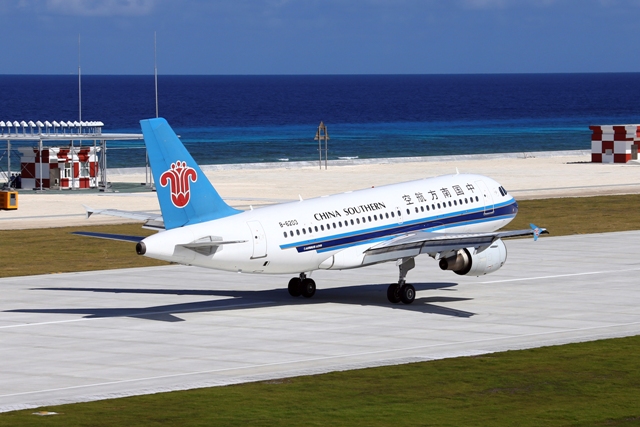
In this Wednesday, Jan. 6, 2016 file photo released by China's Xinhua News Agency, a China Southern Airlines jetliner lands at the airfield on Fiery Cross Reef, known as Yongshu Reef in Chinese, in the Spratly Islands, known as Nansha Islands in Chinese, of the South China Sea. An official says Philippine and U.S. foreign and defense chiefs will discuss new security concerns arising from China's completion of artificial islands in the disputed South China Sea, on Tuesday, January 12 in Washington. Cha Chunming/Xinhua via AP, File
Beijing on Wednesday claimed that the Philippines' accusation against its test flights on Kagitingan Reef or Fiery Cross Reef in the West Philippine Sea is made with ulterior motives.
Chinese Foreign Ministry spokesperson Hong Lei said in a press conference that the flights conducted by China's aircraft fall completely with its sovereignty.
"The Philippines' accusation is made with ulterior motives and is not worth refuting," Hong said.
Hong stressed that China enjoys freedom of navigation over the disputed South China Sea as other countries do.
"China's inspection and test flights are of professional, technical and civil nature and are conducted for public interests," the Chinese official said.
The Philippines recently protested China's test flights on the Manila-claimed reef, arguing that China's actions elevate tensions and anxiety in the region.
Department of Foreign Affairs spokesperson Charles Jose said that China's "provocative" actions restrict freedom of navigation and overflight in the West Philippine Sea.
Meanwhile, Vietnam accused China of threatening the safety of civilian flights over the disputed sea by failing to inform its aviation authorities of recent test flights to a man-made island claimed by both Beijing and Hanoi.
The notification from the Chinese Embassy "cannot substitute China's notification to the appropriate air traffic services units of Vietnam in order to ensure the safety and regularity of flight operations," the Civil Aviation Authority of Vietnam said in a statement late Tuesday.
http://www.philstar.com/headlines/2016/01/14/1542501/china-philippines-accusations-made-ulterior-motive
